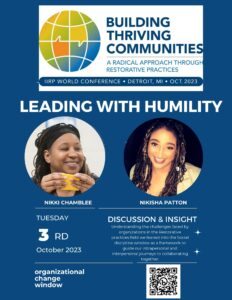 Today we’d like to introduce you to Nikki Chamblee.
Today we’d like to introduce you to Nikki Chamblee.
Nikki, we appreciate you taking the time to share your story with us today. Where does your story begin?
“Restorative practices is a field within the social sciences that studies how to strengthen relationships between individuals as well as social connections within communities”(iirp.edu). My journey into the processes and practices of Restorative started during my time as a New York City public school teacher. In order to address the disproportionate suspension of black and brown students, my principal made the decision to partner with NYU Steinhart Center and Morningside Center for social responsibility to begin the process of whole campus implementation. Once I relocated to Texas in 2017, I became the English teacher and completed training with the Texas Education Association (TEA) as a campus restorative discipline coordinator. I served as the English teacher and Restorative discipline coordinator role for 2 years and continued my training with the Texas Education Association (TEA) and the International Institute of Restorative Practices (IIRP). The month before the pandemic, I transitioned to Fort Worth ISD to serve as their Restorative practices’ coordinator, working with a talented team of five to foster community and connection online via Facebook and Zoom. I loved my role but not the commute, so when the opportunity to transition back to DeSoto as a Restorative practices coordinator became available, I took advantage of the opportunity to serve my community. Since the beginning of my journey in NYC, I have completed a graduate certificate in Restorative Practices from IIRP, Level 2 state training from TEA, and transitioned from a part-time instructor in restorative practices for IIRP to a full-time instructor and implementation coach for IIRP. In the midst of working for others, I have managed to grow my own business, Best Southwest Restorative Practices Organization. My company focuses on collaborating with other organizations to provide training, team-building support, and youth development.
Can you talk to us a bit about the challenges and lessons you’ve learned along the way? Looking back, would you say it’s been easy or smooth in retrospect?
The road has definitely not been smooth! Upon arriving in Texas, I learned that the processes and practices of Restorative were not as well understood, and so many people underestimated the effectiveness of its use. For a period of time, I was the only teacher using it in my classroom, which created an imbalance in the climate and culture that students experienced. When I made the decision to expand the restorative side of my business, the challenge was building a customer base because I was new to the area and didn’t know how to network with businesses that would be interested in my services.
Thanks for sharing that. So, maybe next you can tell us a bit more about your work?
Best Southwest Restorative Practices Organization provides training, community building, conflict resolution, and youth development. My specialty is adapting the processes and practices of restorative to the needs of businesses and clients. I am most proud of my commitment to continue to learn so that I can provide research-based best practices to the businesses and clients I work with. This commitment sets me apart because it has driven me to add to my initial training by completing a certificate in Restorative practices from IIRP, complete Level II state training with TEA, and currently I am completing a certificate in Restorative Justice facilitation and leadership. My number 1 focus is bringing the best version of me to the table when I am providing services, so I focus on continuing to learn and approaching each interaction with a desire to honor the human dignity of the people I am working with.
What matters most to you? Why?
What matters most to me is that I leave people and situations better than I found them. This is important because a measure of success for myself is the ability of people to continue using the practices and processes of restorative without being reliant on me. Once I complete training or implementation planning, I love transitioning to a supportive role as the business and client shifts to leading the work.
Contact Info:
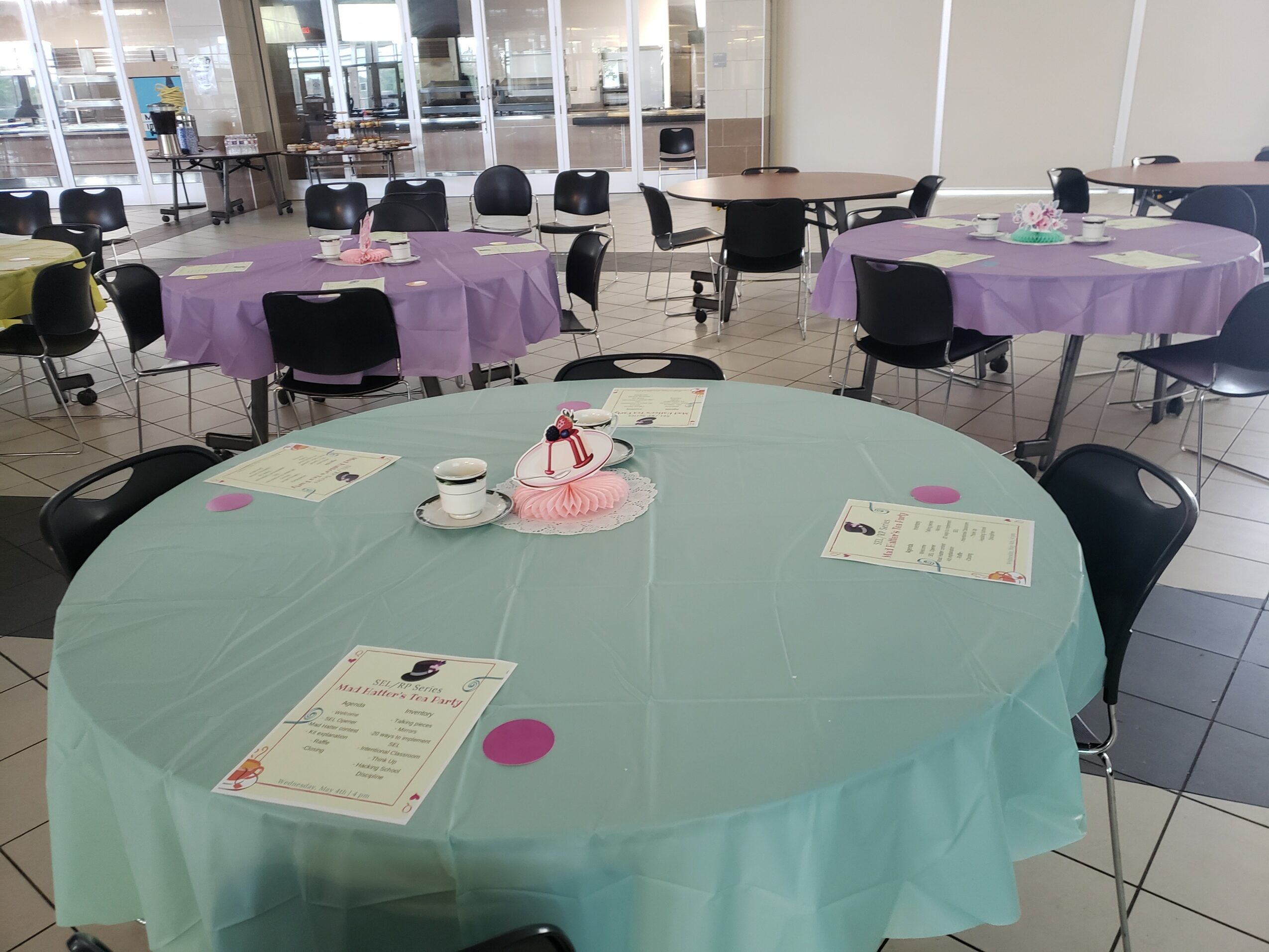
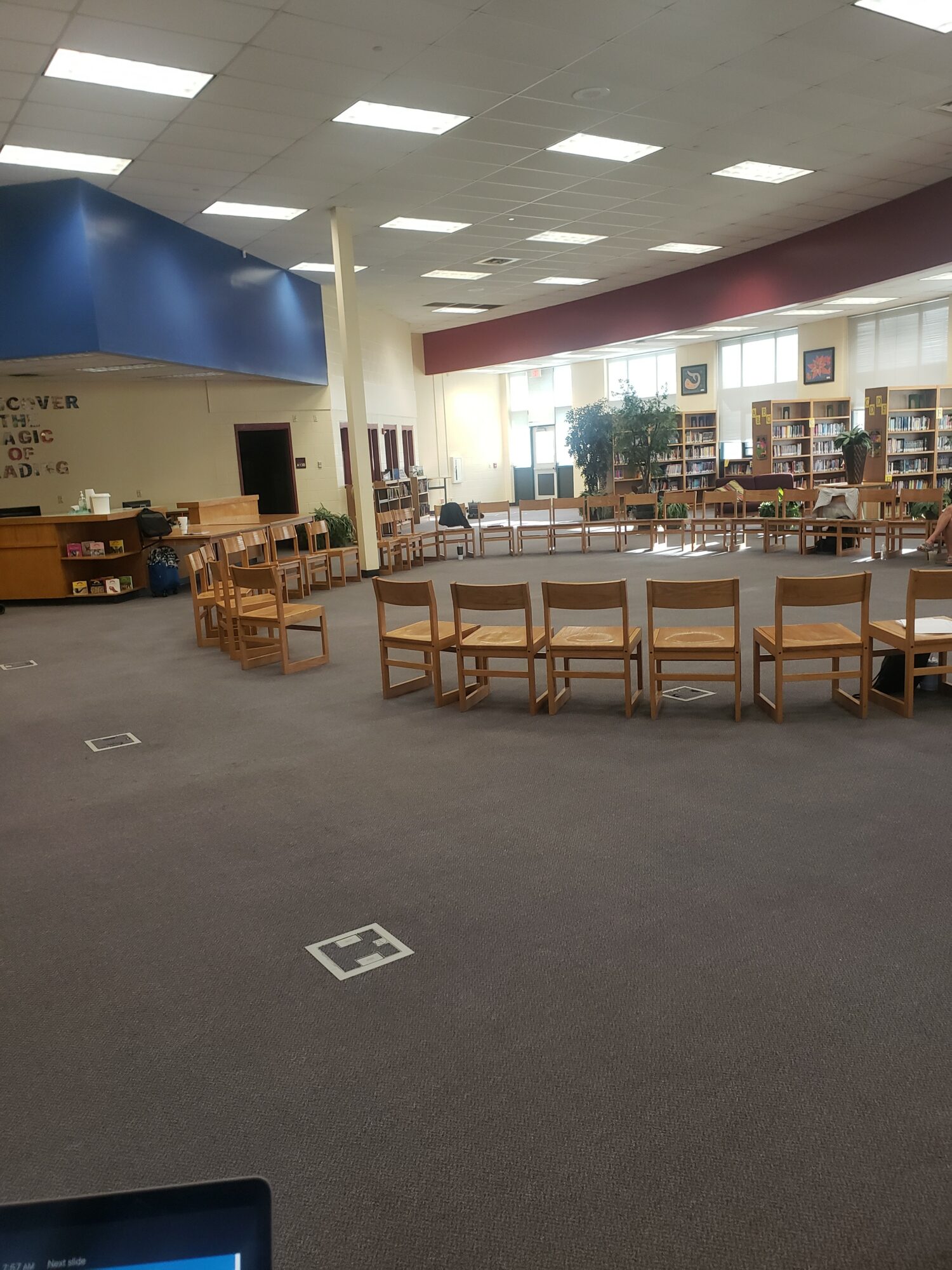
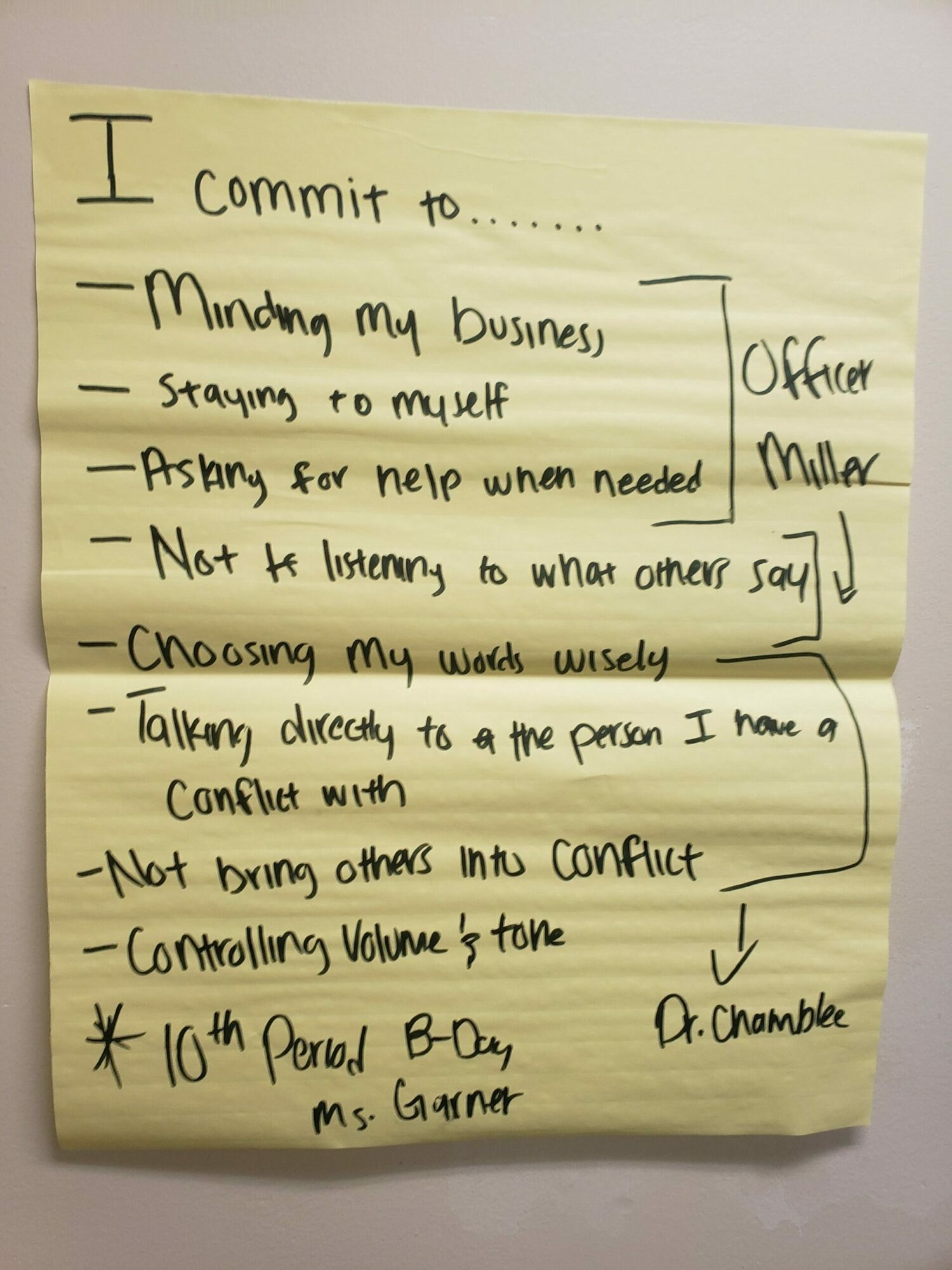
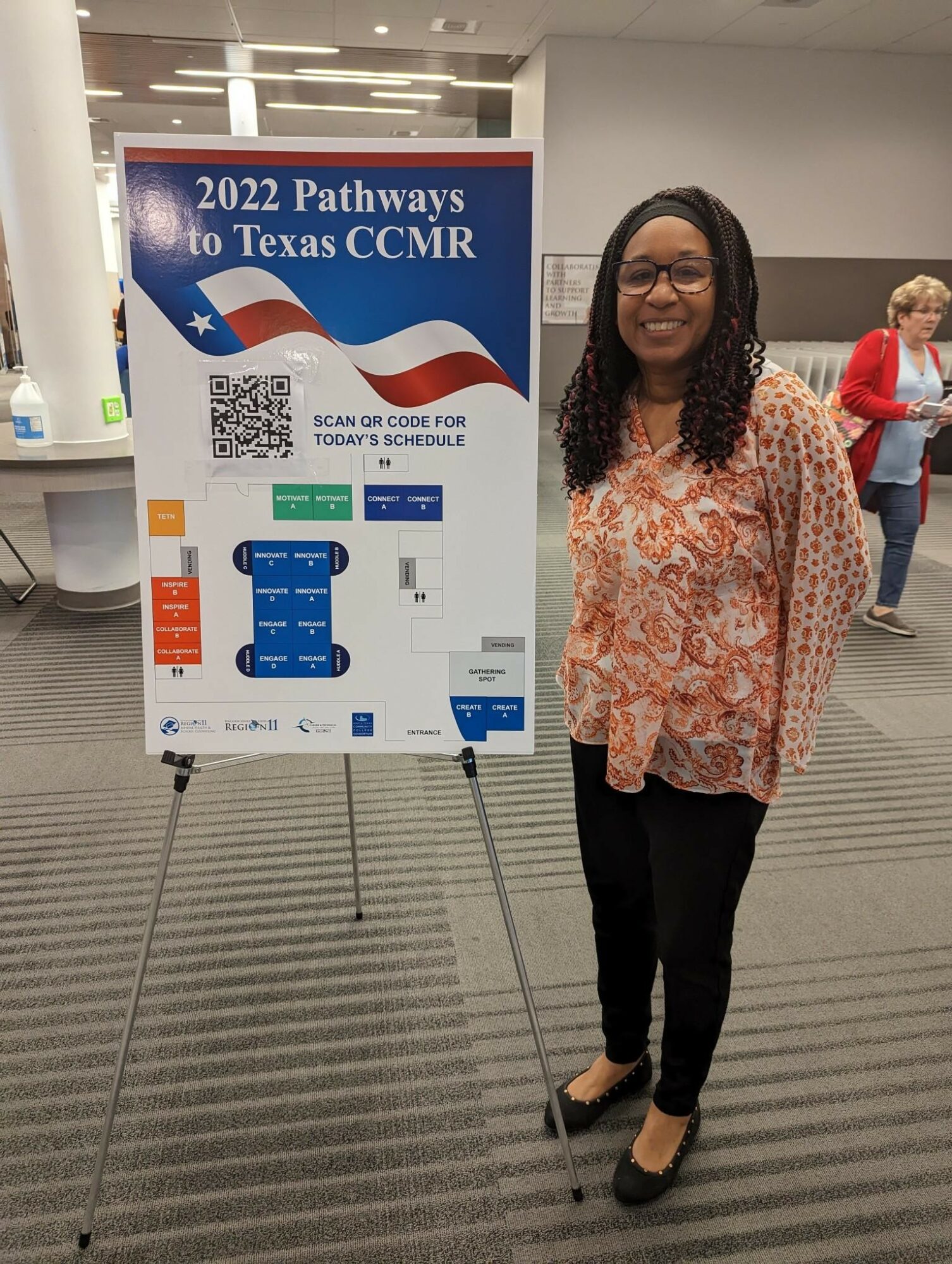
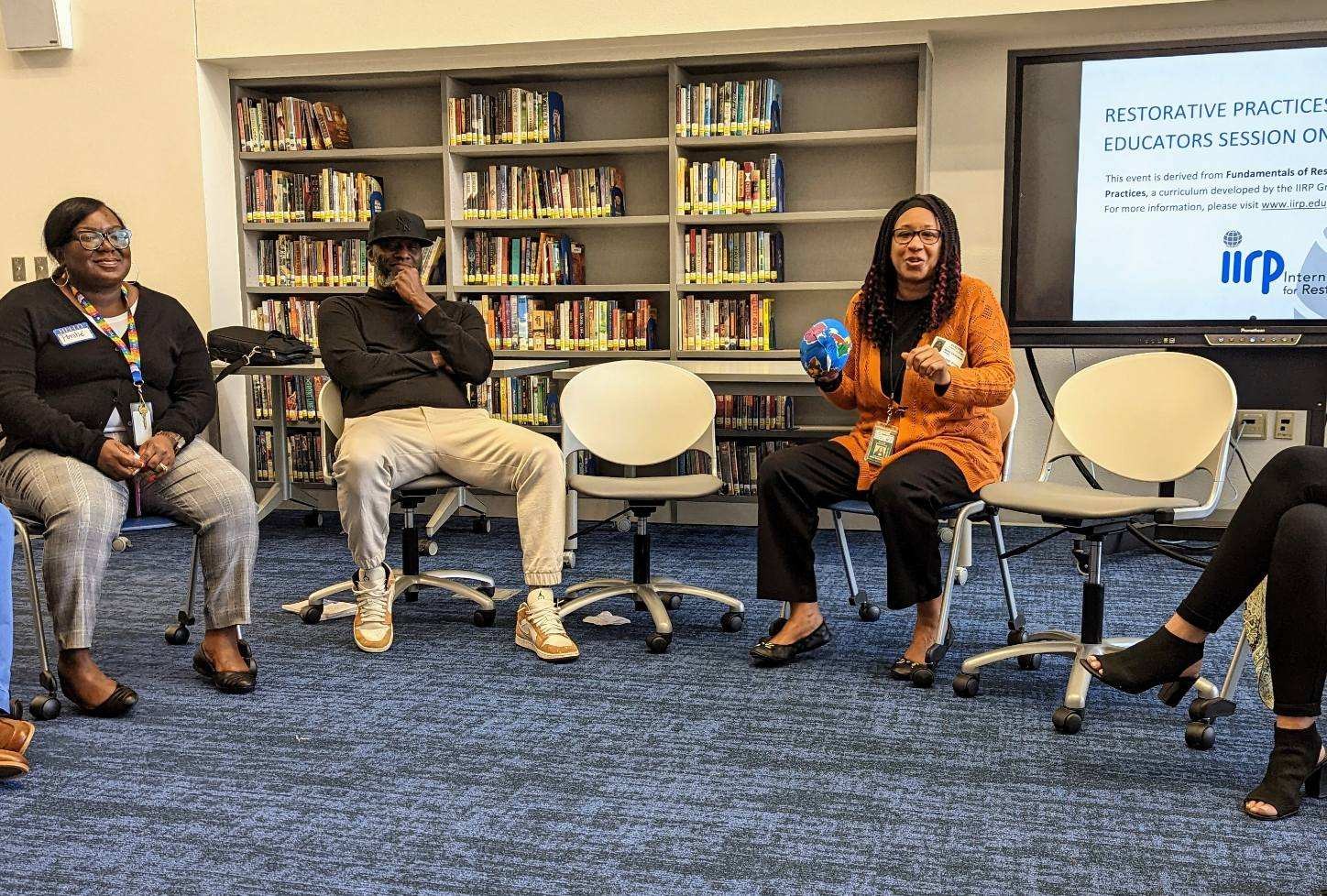
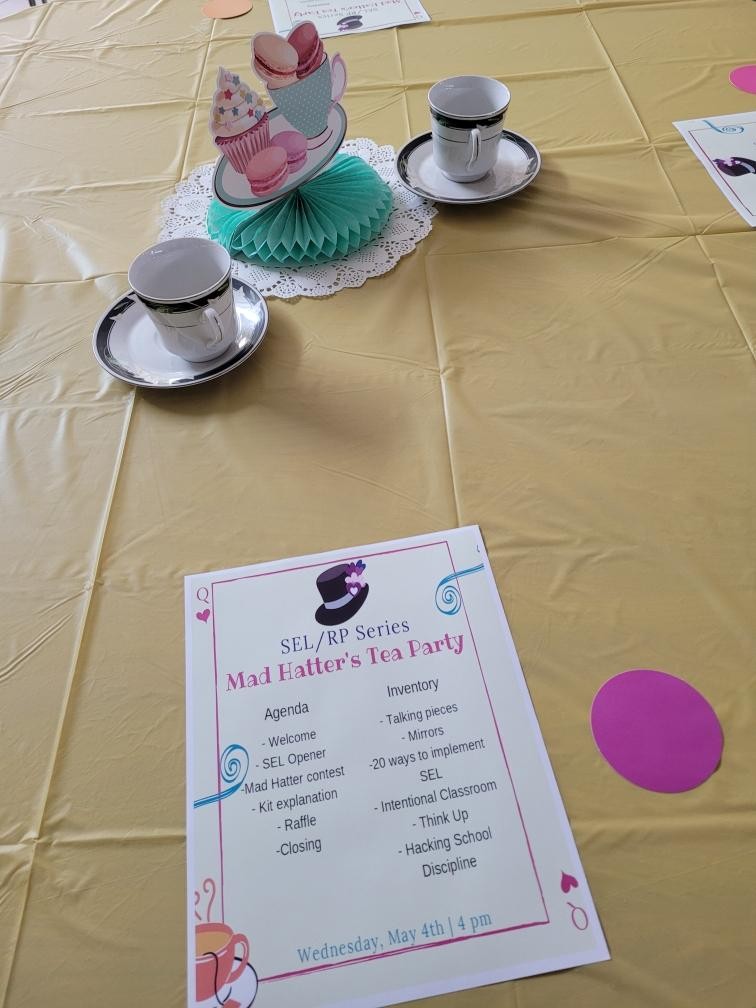
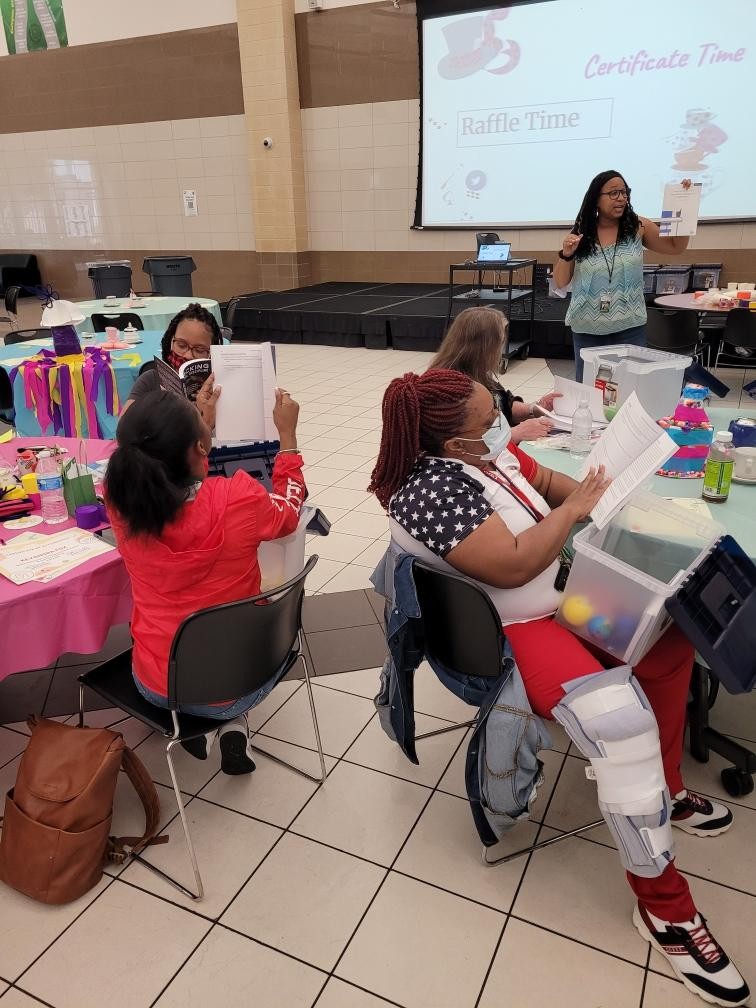
Image Credits
Maria Ayala










